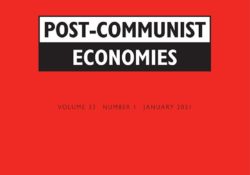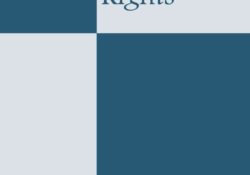tandfonline.com har udgivet en rapport under søgningen “Teacher Education Mathematics”: ABSTRACT ABSTRACT The Covid-19 pandemic in 2020-2021 generated almost universal shocks to the interrelated complex systems of politics, society, economy, social care and health. The objectives of this article are to analyse health systems conceptually (section two) and empirically (case studies of the UK and Russia) in order to understand: their interactions with the other four complex systems; their readiness for the Covid-19 epidemics and resilience in coping with its challenges; and the impacts on them of changes in health priorities, shortages, and rationing. Evaluations are made in section three of the readiness of the UK and Russia health systems in January-February 2020 and in section four of their resilience during the First Wave (March-June). Section five assesses developments in… Continue Reading →
Like this:
Like Loading...
tandfonline.com har udgivet en rapport under søgningen “Teacher Education Mathematics”: ABSTRACT ABSTRACT Until recently, not only students of the titular nationalities (ethnicities) learned their native language but also ethnic Russians and other nationalities in some ethnic republics of Russia had to learn titular state languages of those republics. The political campaign in Russia against the compulsory teaching of state languages of republics started two years ago and culminated in the adoption of the amendment to the Russian education law on 3 August 2018. The law enacted some additional mechanisms to ensure the voluntary study of non-Russian languages. The law adoption signified the escalation of the conflict around linguistic rights and the compulsory study of state language. The problem is that the official discources typically overshadow the discourses of individuals and… Continue Reading →
Like this:
Like Loading...
tandfonline.com har udgivet en rapport under søgningen “Teacher Education Mathematics”: Abstract Abstract Multiple recent reviews have compared and contrasted the Russian (post-Soviet) system of identifying and educating gifted and talented students with other systems in the world. Correspondingly, this essay only briefly outlines the main features of this system in Russia and focuses primarily on the questions identified as key by the editors of this special issue. It provides a demographic–economic, educational, and historical consideration of the system, presents its essential features, comments on the system’s contribution to international science and the practice of identifying and nurturing gifted and talented students, and outlines the system’s points of future possible growth. Link til kilde
Like this:
Like Loading...


